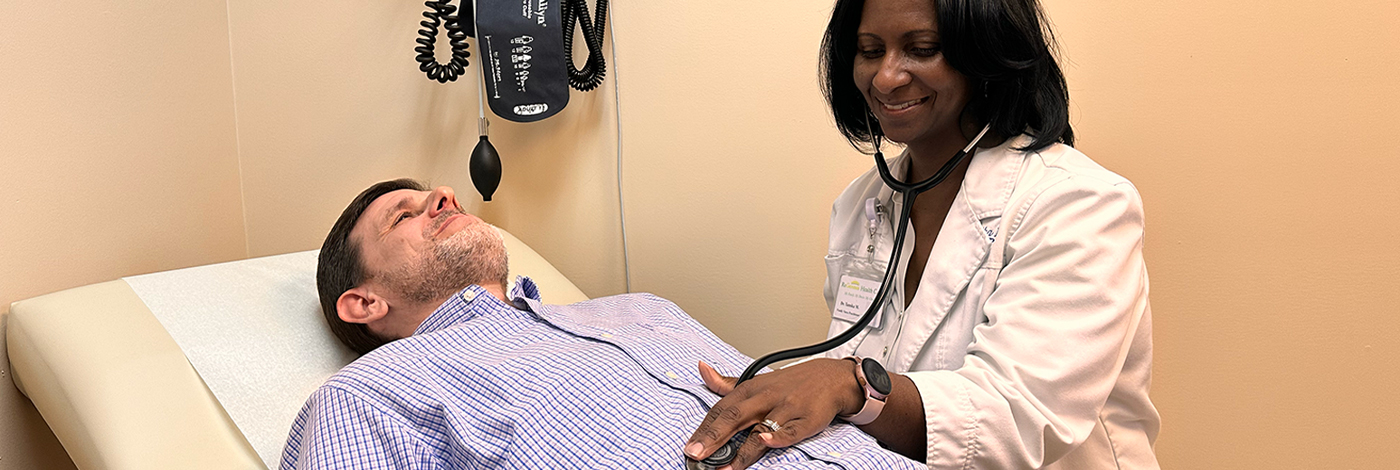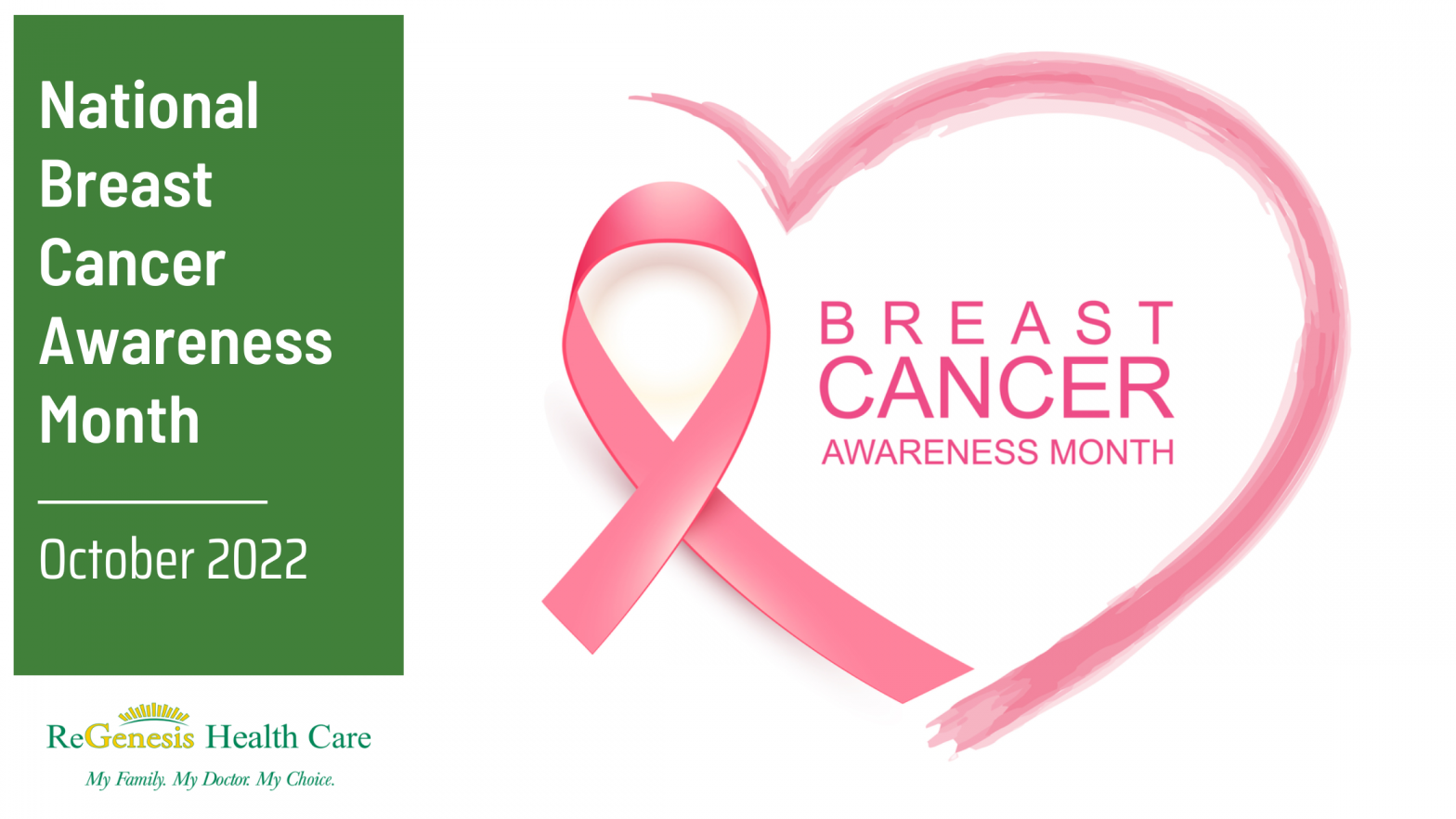Every October we recognize National Breast Cancer Awareness Month. Did you know that the National Breast Cancer Foundation reports that a woman is diagnosed with breast cancer every two minutes?
Five Facts About Breast Cancer
- Breast cancer doesn’t discriminate. Although breast cancer is more prevalent among American white women, African-American women tend to die from the disease more often.
- Breast cancer can baffle scientists. Scientists don’t really understand why the left breast seems to develop cancer more often than the right breast.
- Breast cancer surgery was a trailblazer. The very first operation to use anesthesia to deaden pain was a breast cancer surgery.
- Men get it too. Overall, only one percent of American males are diagnosed with breast cancer, but African-American men just like women in their community, are more prone to die from the disease.
- Breast cancer – the nuns’ disease. At one time, cancer was called “the nuns’ disease” because it seemed to afflict more nuns than women in the general population.
Breast Cancer Awareness Month is Important because it:
- Promotes self-care. Breast Cancer Awareness Month reminds women (and men) that monthly breast cancer exams should be a regular part of one’s self care.
- Focuses on treatment. There are several different types of breast cancer. Treatment options depend on various patient factors, ie. the stage and specific type of cancer, age and overall health at the time of diagnosis, and the patient’s personal and family history.
- Shouts the good news. The National Cancer Institute recently declared that the US cancer rate fell for diagnosed women between 2006 – 2015.
No matter where you live or who you are, breast cancer may touch your life by affecting you, a family member or friend. Breast cancer doesn’t discriminate. Take time to understand the warning signs of breast cancer, your risk of breast cancer and what’s normal for you so you can take action if there are any changes in your breasts or underarm areas.
Contact us to learn more about the specialty care for women that we offer.
Sources: National Breast Cancer Foundation | National Today | Susan G. Komen



